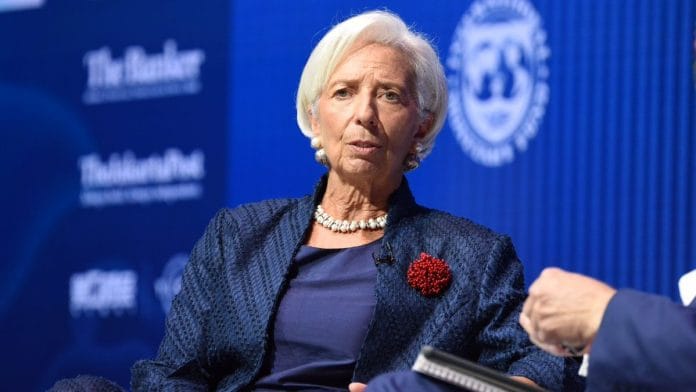Christine Lagarde nominated as next European Central Bank president and Ursula von der Leyen for European Commission chief
After weeks of negotiations, the European Union (EU) and leaders of various member-states finally managed to reach a consensus on nominations for EU’s top appointments.
The positions up for nomination are Presidents of the European Central Bank (ECB) and the European Commission (EC).
ECB is responsible for managing monetary policy of the entire Eurozone area (the EU countries that use Euro as a currency) and EC is the executive and main supranational body of the EU.
Christine Lagarde, current Chief of International Monetary Fund (IMF) and former finance minister of France has been nominated as the next ECB President. Ursula von der Leyen, Germany’s defence minister has been nominated as President of the EC.
First female nominee for European Commission chief
German defence minister Ursula von der Leyen has been nominated to replace Jean-Claude Juncker as president of the European Commission. The president heads the EU’s executive branch and sets the policy agenda for the cabinet of commissioners.
Von der Leyen has been a member of German Chancellor Angela Merkel’s Christian Democrats since 2005. Merkel, who abstained from the vote after internal resistance within her coalition, backed her nomination. French President Emmanuel Macron also backed the nomination.
Non-economist Lagarde to be the next ECB President
Christine Lagarde has emerged as a highly respected and statesman-like figure in global economic policy circles. But some observers are raising eyebrows given the fact that she is not a monetary policy economist.
This apprehension stems from the fact that she would be replacing Mario Draghi at ECB – who is arguably one of the most savvy central bankers in the past decade. In the aftermath of the Global Financial Crisis, Draghi oversaw EU’s response to its sovereign debt crisis and an acute liquidity situation.
“A key question is whether her consensus-building and communication skills will prove an adequate substitute for the sort of visionary and creative technocratic leadership that Draghi provided to the ECB at a very difficult juncture for the eurozone,” said Eswar Prasad, economist at Cornell University, to The Financial Times.
The politics of these appointments
Historically, France and Germany have played a disproportionate role in determining who would get nominated to such key positions in the EU. That seems to be the case this time as well.
French President Emanuel Macron described the final outcome as “the fruit of a deep Franco-German understanding, and of our ability to work with all European partners”
Four of the main job nominations went to western Europeans, with no nominations from Eastern Europe. The other two appointments include the European Council President and EU’s High Representative of Foreign and Security Policy.
European Parliament President – which is expected to be decided Wednesday – is split between Germany’s centre-right Manfred Weber and Bulgaria’s socialist Sergei Stanishev.






